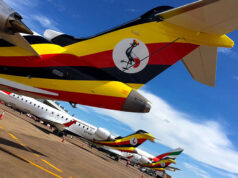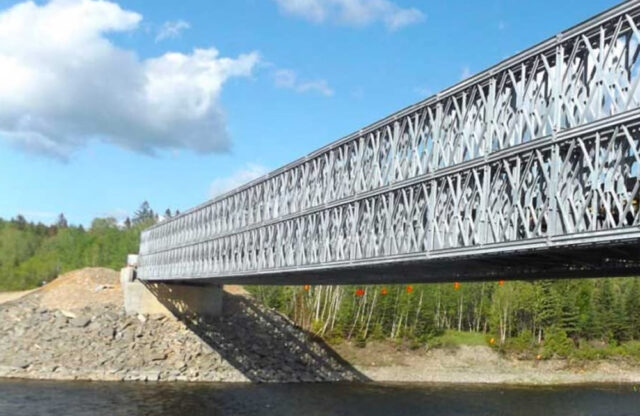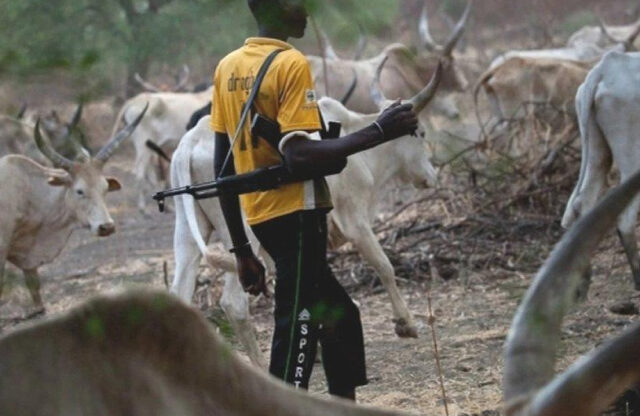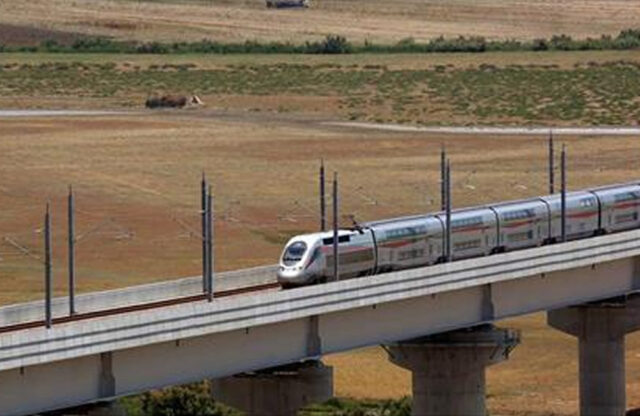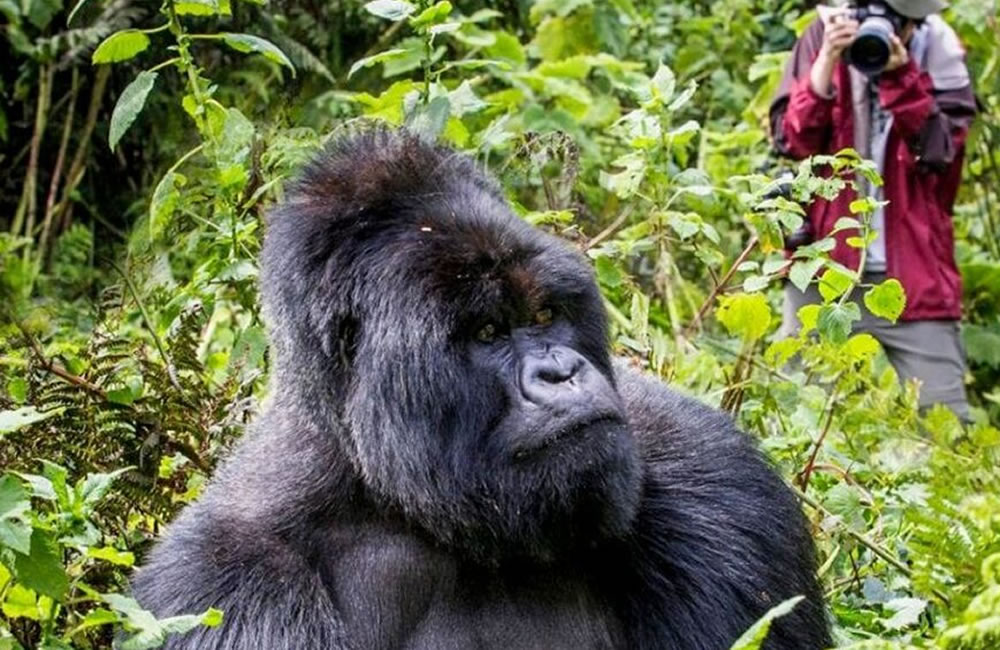Oil Spills in Nigeria Reveal The Ugly, Ruthless Face of Capitalism
Africa is a continent that is abundantly blessed with natural resources. But ever since imperialism showed its grim face to the continent through brutal colonial conquests, the control of such natural resources passed from the hands of Africans into those of gigantic European and American multinationals. The picture of natural resources in Africa is more of a curse as the huge profits end up in the pockets of a few, while environmental damage occurs at a dangerous, unprecedented scale.
The extent of environmental damage can be gleaned clearly through oil spills in Nigeria. Where oil was supposed to transform Nigeria into a more egalitarian society with equal access to social services and opportunities, there has been damage only. The people remain disempowered as the privatization of natural resources – which must benefit all citizens – continues unabated. Environmental degradation in Nigeria at the hands of oil multinationals is something that cannot be simply wished away. It is in all senses a matter of the utmost urgency.
In January 2021, a Dutch appeals court held that the Nigerian branch of the oil behemoth Shell was responsible for the damage caused by oil leaks in the Niger Delta. The subsidiary Shell Nigeria was ordered to pay compensation to farmers while the parent Anglo-Dutch company Royal Dutch Shell was told to install equipment (a leak detection system to one pipeline) to prevent further damage.
It was a landmark ruling by the Court of Appeal in the Hague following years of litigation and it frustrated the oil giant as Royal Dutch Shell expressed its “disappointment” with the ruling. It is a ruling which speaks volumes of the willful negligence occasioned by oil companies as they disregard every iota of morals and ethics for the attainment of super-profits. The environment and its inhabitants have to bear the brunt of such negligence with their lives.
The argument that some of the leaks were due to the actions of saboteurs was considered by the court, but the matter still goes back to the responsibility of Shell – the latter must adequately protect the pipelines from sabotage. The court was not convinced that Shell’s saboteur argument had been proven “beyond a reasonable doubt.” The four farmers who instituted the proceedings argued that the leakages from underground oil pipelines had contaminated land and waterways, destroying their livelihoods and fundamental environmental rights in the process.
The ruling is a victory for the farmers and their communities, but questions of enforcement remain. The exact quantum of damages has not yet been ascertained. The verdict can still be appealed to a higher court. Shell’s oil exploration in the Niger Delta has done nothing to improve the lives of farmers despite the huge profits. People have been robbed “environmentally and economically.” In previous settlements, like the 2005 one, the compensation for villagers by the oil giant was measly.
This goes to reveal the extent of “foreign investment” and leaving the exploitation of natural resources to foreign private capital. To them [private foreign capital], the sanctity of the environment is an obstacle in their quest for profits on the world market. The same oil is not even processed in Nigeria. The conservation of the environment is of secondary importance to huge private capital, and it is seen as expendable (as long as the profits have been processed and acquired).
Oil spills in Nigeria have over the years undermined the livelihoods of people. Soil fertility levels have drastically reduced, water sources have been seriously contaminated, plant life has been destroyed, aquatic life has been destroyed while social infrastructure crumbles. The levels of water, land, and air pollution in the Niger Delta are scandalous. As oil exploration continues, poverty is perpetuated. Take for instance Oloibiri, where crude was first discovered in Nigeria in 1956. Social services are a remote possibility – there are no jobs, roads, schools, and hospitals.
Shell insists it will clean up the environment and maintains its line of defence that oil leakages are caused by sabotages. After they clean sites, vandals return to cause further damage and pollution, their argument as postulated in the press goes. But as one community leader Morris Lamiengha said to AFP, “It’s not completely true all the incidents are caused by sabotage. Some of them are due to equipment failures.” Under Nigerian law, oil firms are obliged to clean up all oil spills regardless of the cause. For some citizens, stopping oil exploration in Nigeria is the only way to put a permanent halt to this never-ending malaise.
It is not only Shell that has raped the Niger Delta. Other oil behemoths such as Exxon Mobil, Eni, Total, and Chevron have extensively damaged the ecosystem of the Niger Delta. It is almost as if the greatest nemesis of these companies is accountability. They desire to extract the benefits of the Earth without paying up for their omissions and commissions, amassing maximum profits at the minimum costs. They privatize the profits while socializing the harmful effects of environmental degradation and pollution. And this contradiction cannot be allowed to sustain.
Fishing settlements have been affected economically by the oil spills as marine life is annihilated. People in the gas-rich Niger Delta bemoan health concerns caused by oil spillages such as breathing problems and skin lesions. The invasion of water hyacinth is another major concern. Water hyacinth thrives in polluted environments and it can completely clog waterways such that navigation by fishing boats is impossible. It deprives sunlight and oxygen to marine organisms. Gas flaring is a common phenomenon, and it releases toxic elements into the atmosphere, aggravating climate change.
Capitalism has reached alarming amoral levels, where the sanctity of the environment and human life is desecrated. Oil spills in Nigeria over these years bear testimony to this. There should be stringent penalties for these companies imposed on them by the Nigerian government. An impediment to this is that a few bourgeois elites within Nigeria’s ruling establishment are colluding with these oil giants to enjoy the private profits of oil while inequality in the country is the order of the day. And the environment collapses.
But perhaps the question of the privatization of natural resources across the whole of Africa is one of ideology. This is a capitalist contradiction that can be resolved by a return to the solid ideologies of Pan-Africanism, where Africa is for Africans, and not for the elite in the global north who rip the continent apart; and where natural resources should inspire attempts towards an egalitarian society. Nigeria’s case is just but a microcosm of the macrocosm.


